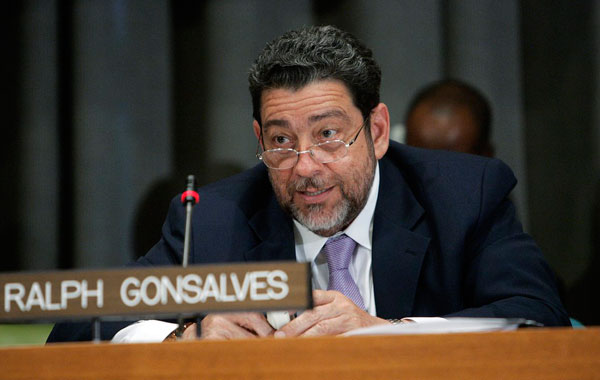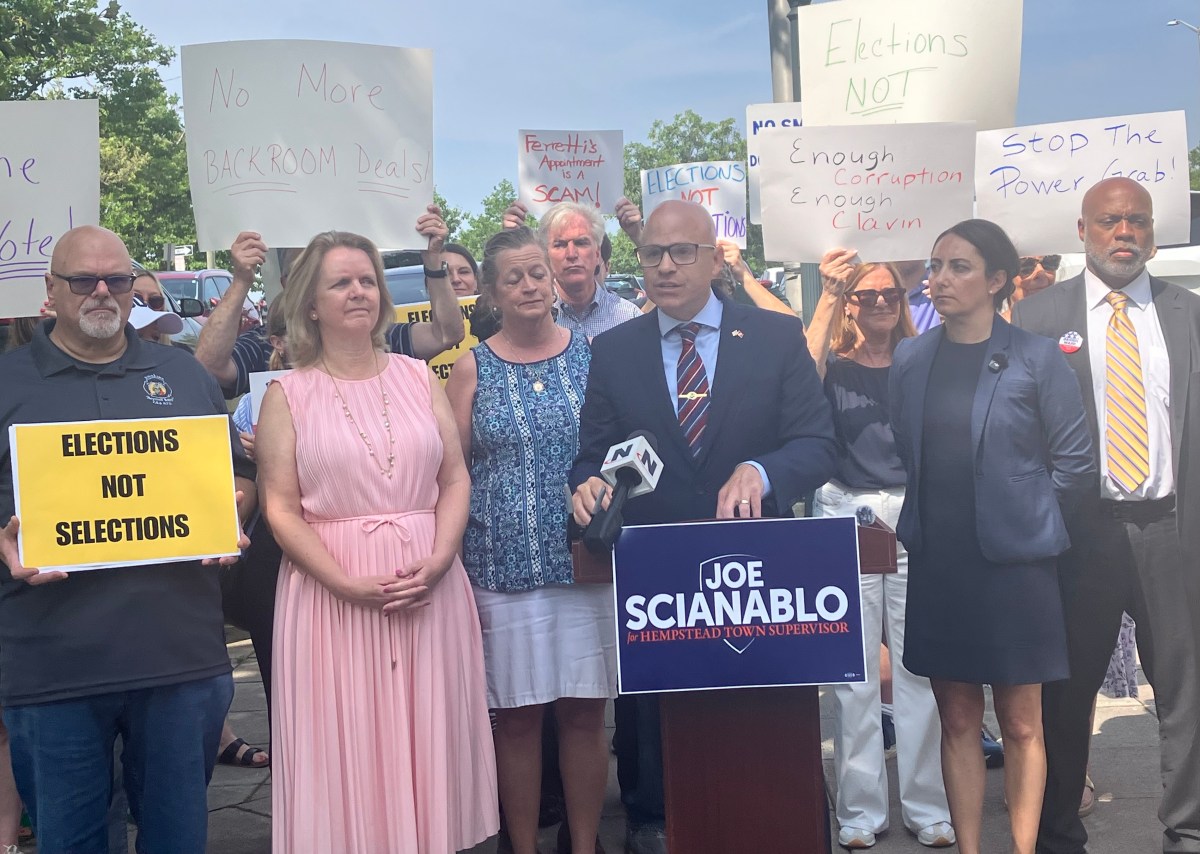United Nations Secretary-General Ban Ki-moon has urged leaders of the world’s poorest countries, including Haiti, to agree on a common position and send a strong political message to the rest of the world on the importance of investing in the least developed countries to eradicate global poverty.
“The priority for the new program of action is to build strong economies that can withstand external shocks,” Ban told a summit of the leaders from 48 states in Istanbul, Turkey, on May 8, on the eve on the opening of the Fourth U.N. Conference on the Least Developed Countries (LDCs).
The conference assessed the implementation of the Brussels Program of Action – the outcome document adopted at the 2001 LDC conference – and sought to reach agreement on a new set of support measures for the 48 nations classified as LDCs.
Ban called for the building of productive capacity and the expanding of opportunities for decent employment for men and women in LDCs.
“It means guaranteeing space for civil society and the private sector to operate. It means expanding the provision of essential services – education, health, infrastructure and social safety nets, especially for nutrition security,” he said.
“To achieve this, you will need the engagement of a wide range of partners, traditional donors, emerging economies and the world of business,” he added, urging the leaders “not to allow the new atmosphere of global austerity to undermine progress.”
The Secretary-General stressed that the LDCs conference must come up with an “ambitious, strong, workable program of action.
“We will make sure that it is monitored and [that] these commitments are delivered,” he said.
He acknowledged that the goal of reducing LDCs from 48 at present to 24 over the next decade is ambitious, but realistic, provided that those countries maintain their commitment to implementing the program of action that will emerge from Istanbul.
Ban said that emerging economies, such as Brazil, China and India, had a role to play in supporting LDCs in their development endeavors.
“In the context of South and South cooperation, I would strongly urge those emerging powers to do their own way to help the LDCs,” he said.
Acknowledging that developed countries are also facing challenges similar to those bedeviling poorer nations, including climate change and soaring food prices, Ban said that the main issue was that LDCs have limited capacity and resources to address those global problems.
Assistance from developed countries to developing ones was not charity but the “politically correct and morally correct” thing to do, the Secretary-General said.
“Developed countries should understand that this is going to be a great opportunity for them to live together [with others] harmoniously,” he said.
Ban said enterprises from around the world will, during the five-day conference, be networking, exchanging ideas and establishing relations that can form an enduring basis for cooperation and opportunity.
“We hope they will go away from Istanbul with the message that doing business in the LDCs is not charity but a wise and profitable endeavor,” he said.
“But even when we leave Istanbul with a comprehensive program of action, there will be no time to relax. The promises made here in Istanbul must become promises kept,” he added.
“As Nelson Mandela remarked on becoming president: ‘After climbing a great hill, one only finds that there are many more hills to climb.’ The United Nations is committed to climbing these hills alongside you,” Ban continued.



















